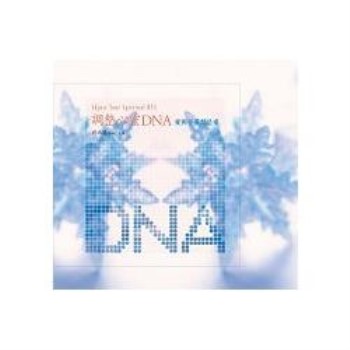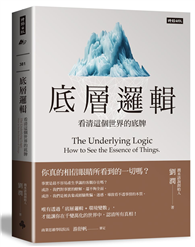This book refers to the artistic deviation from dominant goals in a social system or from means considered legitimate in that system.
This book explores a "New Humanism" in the performing arts, unique in the sense of human’s ability to co-create and communicate beyond spatial and temporal boundaries, wars, and pandemics, through artistic deviations carried out by machines and through the Extended Reality. Through the lens of anthropology and aesthetics, this study selects useful case studies to demonstrate this phenomenon of performative symphonises, in which the experimentation of AI-driven creativity and the new human-robot interaction (HRI) lead to philosophical inquiries about the nature of creativity, intelligence, and the definition of art itself. These shifts in paradigms invite us to reconsider established concepts and explore new perspectives on the relationship between technology, art, and the human experience.
This book will be of great interest to students and scholars in theatre and performance studies, anthropology, and digital humanities.










